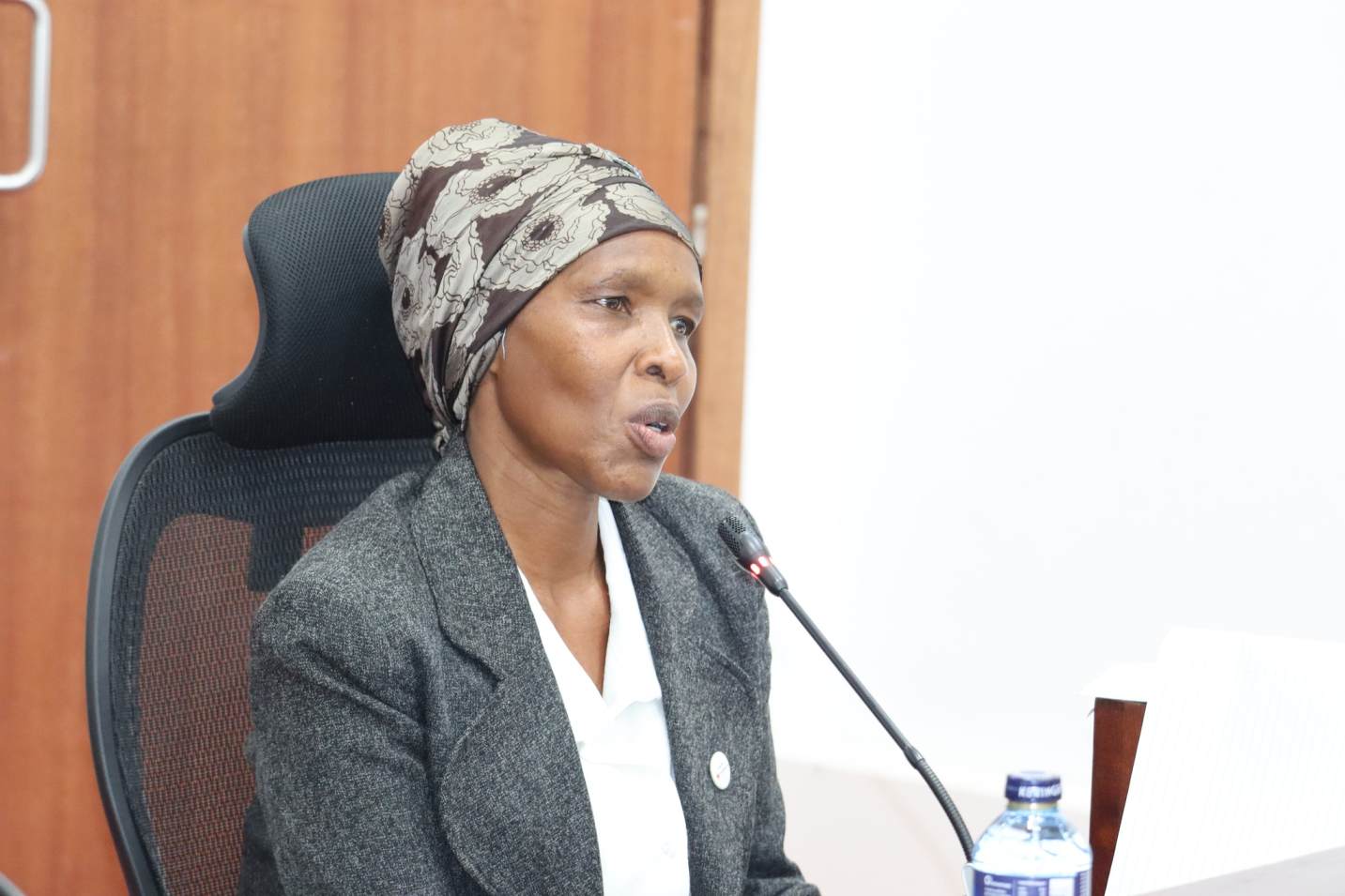For ten years, Beatrice Likiwop has woken up each morning hoping for a chance—a job interview that ends differently, a call-back, or a door finally opening. But each time she discloses her medical condition, that door quietly shuts.
Now 56, Likiwop says she has been denied work since she was 46 simply because of the illnesses she lives with, Status Epilepticus, Bradycardia, and Fibromyalgia.
These conditions aren’t visible to the eye, but they shape every moment of her life.
"For 10 years, I have been looking for work. Since I was 46 and I am now 56. Whenever I disclose my disability, I am no longer considered," she told the Senate Committee on Labour and Social Welfare in an emotional session that left some lawmakers shaken.
Despite living with constant seizures, a slow heart rate, and chronic pain that leaves her fatigued, Likiwop has kept trying.
But the system, she said, has failed her. She has no job, no steady access to medicine, and no safety net.
"I have no job, no consistent medicine, no support system, yet I am told I do not qualify," she said.
Her words hung heavy in the room, as Senators listened to a story that put a human face to the struggle many people with invisible disabilities endure in silence.
Though her illnesses have no visible markers, they deeply affect her ability to function.
Yet Likiwop’s reality is often misunderstood by employers, government offices, and even strangers on the street.
During the committee session chaired by Senator Julius Murgor, Likiwop revealed that even with the recently launched Social Health Authority, she is still unable to access the medication she needs daily, medicine that costs Sh450, far beyond her means without an income.
Her efforts to apply for support under the government’s Cash Transfer Programme for Persons with Severe Disabilities have led nowhere.
She has been told she doesn’t qualify.
She questioned the government’s much-touted 5% employment quota for persons with disabilities, saying that if her experience is anything to go by, those with invisible conditions are still left behind.
The Ministry of Labour had pointed to initiatives like a disability-friendly job portal and tax relief to encourage inclusion. But Likiwop told senators those tools have done little to change her situation.
For her, every job interview begins with hope and ends with rejection the moment she discloses her medical history.
Senators were visibly disturbed by her story.
Nominated Senator Beth Syengo said it revealed how far removed government policies are from the lived experiences of ordinary Kenyans.
"This presentation is futuristic. It lacks timelines, whereas those with invisible disabilities are struggling to navigate daily life," she said.
Nominated Senator Gloria Orwoba echoed the frustration, asking whether medical personnel across the country even understand what invisible disabilities are.
She questioned the real impact of the 2022 Disability Medical Assessment and Categorisation Guidelines, which the Ministry cited as a major reform.
Likiwop also shared the danger she faces during seizures.
Well-meaning strangers often try to help—sometimes by giving her water or milk, which could worsen her condition.
To prevent this, she proposed the use of medical identification bracelets to signal her health needs clearly in emergencies.
Nominated Senator Crystal Asige supported the idea, calling for collaboration between ministries and health professionals to create practical tools that can help people like Beatrice.
"You need to get enough people in a room and come up with creative solutions. This isn’t just a medical need, it’s about safety and dignity," she said.
Asige also warned that the Social Protection Bill, which is now before the National Assembly, makes barely any mention of people with invisible disabilities.
She called for urgent changes to ensure their inclusion.
Throughout the session, senators pointed out that the Ministry of Labour seemed to shift most responsibilities to the Ministry of Health on medication access, emergency protocols, and even disability assessment.
This lack of coordination, they said, leaves people like Likiwop with nowhere to turn.
A representative from the Ministry said support programmes are in place, but senators pushed back, saying those plans are either unknown to the public or not helping in real time.
The committee was informed that the Health Cabinet Secretary will appear before the Senate on May 8 to respond to concerns raised during the session.
For now, Likiwop waits, still hopeful but with her daily struggle unchanged.
She wants what many take for granted: a job, a bit of dignity, and medicine she can afford.
